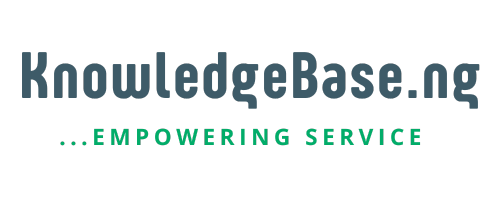Developing effective policies is only the first step in achieving desired outcomes; successful policy implementation is equally crucial. Without proper implementation strategies, even the best policies may fail to produce the desired impact. In this blog, we explore key strategies for policy implementation that can maximize the chances of success and ensure that policies effectively address societal challenges.
- Clear and Measurable Goals: Effective policy implementation begins with setting clear and measurable goals. Policies should have specific objectives that are easily understood and quantifiable, enabling policymakers and stakeholders to assess progress and outcomes accurately.
- Stakeholder Engagement and Collaboration: Engaging stakeholders throughout the policy implementation process is vital for success. Stakeholders such as government agencies, community organizations, businesses, and affected individuals should be involved in policy development, providing input and insights. Collaboration fosters ownership, promotes shared understanding, and improves the chances of successful implementation.
- Robust Implementation Planning: Thorough planning is essential to ensure smooth policy implementation. Developing a detailed implementation plan that includes timelines, resource allocation, responsibilities, and performance indicators helps streamline the process and provides a roadmap for action. Flexibility should be built into the plan to accommodate unforeseen challenges and adapt to changing circumstances.
- Effective Communication: Clear and consistent communication is crucial throughout the policy implementation journey. Communication should effectively convey the purpose, goals, and expected outcomes of the policy to stakeholders, ensuring everyone is informed and engaged. Regular updates, feedback mechanisms, and targeted communication strategies can help manage expectations and address concerns.
- Capacity Building and Training: Policy implementation often requires new skills, knowledge, and capacities. Providing training and capacity-building opportunities to individuals and organizations involved in implementation enhances their ability to execute the policy effectively. Training programs can cover technical skills, change management, stakeholder engagement, and monitoring and evaluation techniques.
- Monitoring and Evaluation Mechanisms: Establishing robust monitoring and evaluation mechanisms is critical for tracking progress, identifying challenges, and making necessary adjustments. Regular assessment of policy implementation allows policymakers to measure outcomes, identify bottlenecks, and make evidence-based decisions to improve effectiveness.
- Flexibility and Adaptability: Policies should be adaptable to changing circumstances and feedback from implementation experiences. Flexibility allows policymakers to refine and adjust strategies based on emerging insights and unforeseen challenges. Regular review and evaluation enable policymakers to assess the policy’s effectiveness and make necessary modifications.
- Resource Allocation and Sustainability: Adequate resource allocation is crucial for successful policy implementation. Policymakers must ensure sufficient funding, personnel, and infrastructure to support implementation activities. Sustainable funding models and long-term planning are essential to sustain policy implementation beyond the initial stages.
- Continuous Learning and Knowledge Sharing: Promoting a culture of continuous learning and knowledge sharing strengthens policy implementation efforts. Encouraging learning from both successes and failures helps refine strategies, identify best practices, and foster a culture of improvement. Sharing knowledge and experiences with other policymakers and practitioners contributes to collective learning and enhances future policy implementation endeavors.
- Public Accountability and Transparency: Maintaining public accountability and transparency throughout the implementation process builds trust and legitimacy. Policymakers should ensure that progress and outcomes are communicated to the public and stakeholders regularly. Embracing transparency helps address concerns, gain public support, and holds policymakers accountable for their actions.
Conclusion: Effective policy implementation is essential for transforming policies into meaningful actions and outcomes. By employing strategies such as clear goal setting, stakeholder engagement, robust planning, effective communication, and monitoring and evaluation, policymakers can enhance the chances of successful policy implementation. Continuous learning, adaptability, and public accountability contribute to a culture of effective policy implementation that addresses societal challenges, drives positive change, and improves the well-being of communities.

